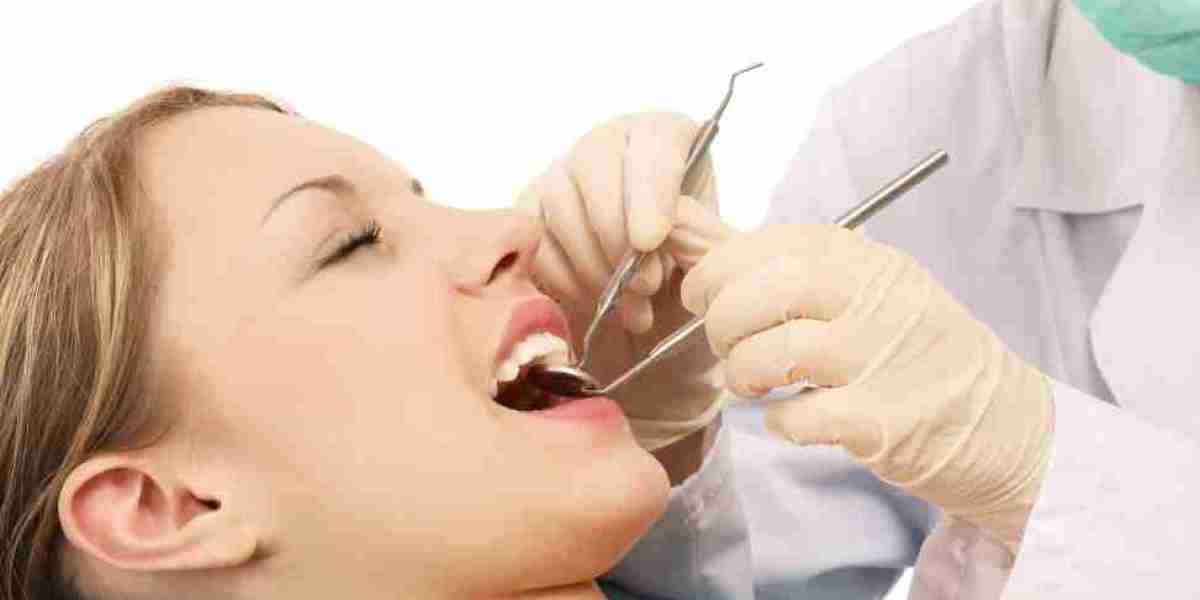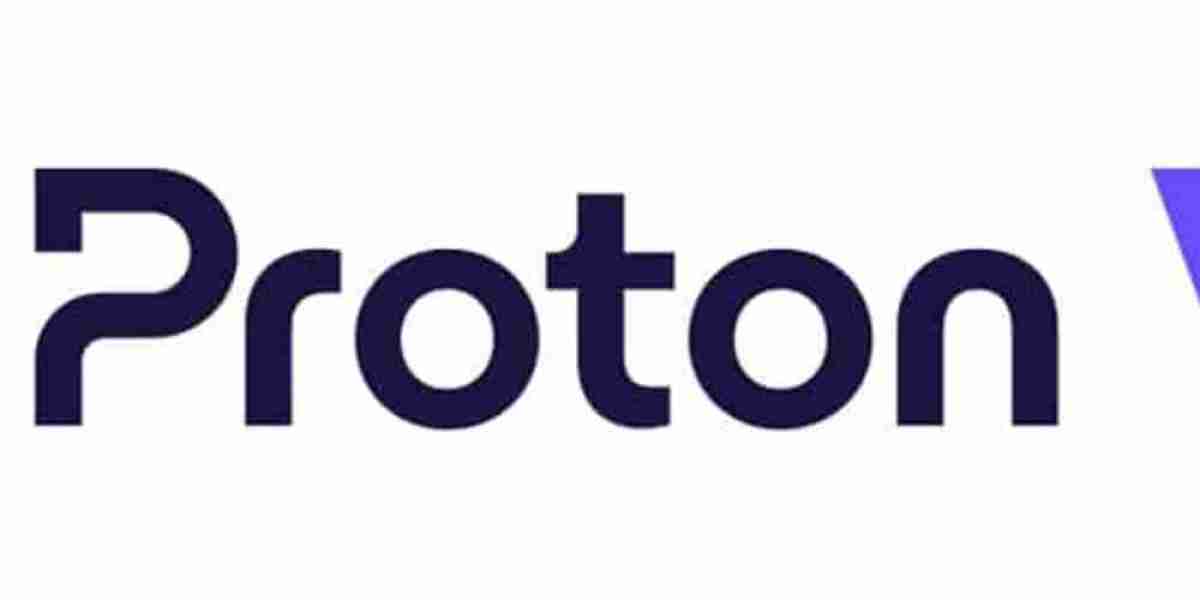Temporomandibular joint (TMJ) disorders can be both painful and debilitating, affecting everything from chewing and speaking to your overall quality of life. While several treatments exist, one comprehensive solution gaining popularity is Full Mouth Rehabilitation. But can full mouth rehabilitation correct TMJ disorders? The answer lies in understanding the root cause of TMJ issues and how a full-mouth approach can help restore function and balance.
What is Full Mouth Rehabilitation?
Full mouth rehabilitation, also known as full mouth reconstruction, is a customized dental treatment plan designed to rebuild or restore all of the teeth in both the upper and lower jaws. It combines aesthetics with restorative dentistry to improve the health, function, and appearance of the mouth. This procedure often includes:
Dental crowns
Bridges
Veneers
Implants
Orthodontics
Occlusal adjustments
Each element is planned based on the individual’s bite, jaw movement, and overall dental health, which makes it particularly effective for addressing complex issues such as TMJ disorders.
Understanding TMJ Disorders:
TMJ disorders refer to problems involving the temporomandibular joint—the hinge that connects your jaw to the temporal bones of your skull. This joint is responsible for allowing you to move your jaw up and down and side to side. TMJ dysfunction can result from a number of causes including:
Misaligned bite (malocclusion)
Teeth grinding or clenching (bruxism)
Jaw injury or trauma
Arthritis in the joint
Chronic stress
Common symptoms include jaw pain, clicking or popping sounds, limited jaw movement, headaches, and facial muscle tension. Without proper treatment, TMJ disorders can significantly impact daily life.
How Full Mouth Rehabilitation Helps?
So, can full mouth rehabilitation correct TMJ disorders? In many cases, yes. The success of this approach lies in its ability to realign the bite, which is often at the root of TMJ issues. A misaligned bite can cause undue stress on the jaw joint and surrounding muscles. Full mouth rehabilitation works to:
Redistribute bite forces evenly
Reposition teeth for better alignment
Restore worn or missing teeth that affect the bite
Relieve tension in the jaw and facial muscles
By correcting structural dental problems and improving bite dynamics, full mouth rehabilitation often reduces or eliminates TMJ-related symptoms.
Who is a Good Candidate?
Not everyone with TMJ issues will need full mouth rehabilitation. This treatment is generally recommended for those with:
Extensive dental wear due to bruxism
Multiple missing or damaged teeth
Chronic jaw pain linked to bite issues
Long-term dental neglect
TMJ symptoms unresponsive to simpler treatments
A thorough evaluation by a dentist or prosthodontist specializing in TMJ and occlusion is necessary. Diagnostic tools like digital X-rays, 3D imaging, and bite analysis help determine if full mouth rehabilitation is the right path.
What to Expect During Treatment:
Full Mouth Rehabilitation Treatment is typically performed in stages and may span several months depending on the complexity. The process usually begins with a detailed consultation and diagnostic phase. Treatment may then include:
Creating a bite splint to test jaw positioning
Orthodontic work to move teeth into optimal alignment
Restorative procedures like crowns and bridges
Replacement of missing teeth with implants
Throughout the process, attention is given not only to the teeth but also to the joints and muscles of the jaw, ensuring that all components function harmoniously.
Final Thoughts on TMJ and Full Mouth Rehabilitation:
If you're suffering from TMJ disorders and have underlying dental issues, full mouth rehabilitation can be a powerful, long-term solution. It does more than restore your smile—it addresses the functional imbalances that may be at the root of your jaw pain. With a tailored, holistic approach, many patients find that their TMJ symptoms improve dramatically or disappear entirely. Consulting with a dental professional who understands both cosmetic and neuromuscular dentistry is the first step toward lasting relief.
Ultimately, full mouth rehabilitation can correct TMJ disorders—when the treatment is appropriately planned and executed. It’s not a one-size-fits-all solution, but for those who qualify, it can be life-changing.




